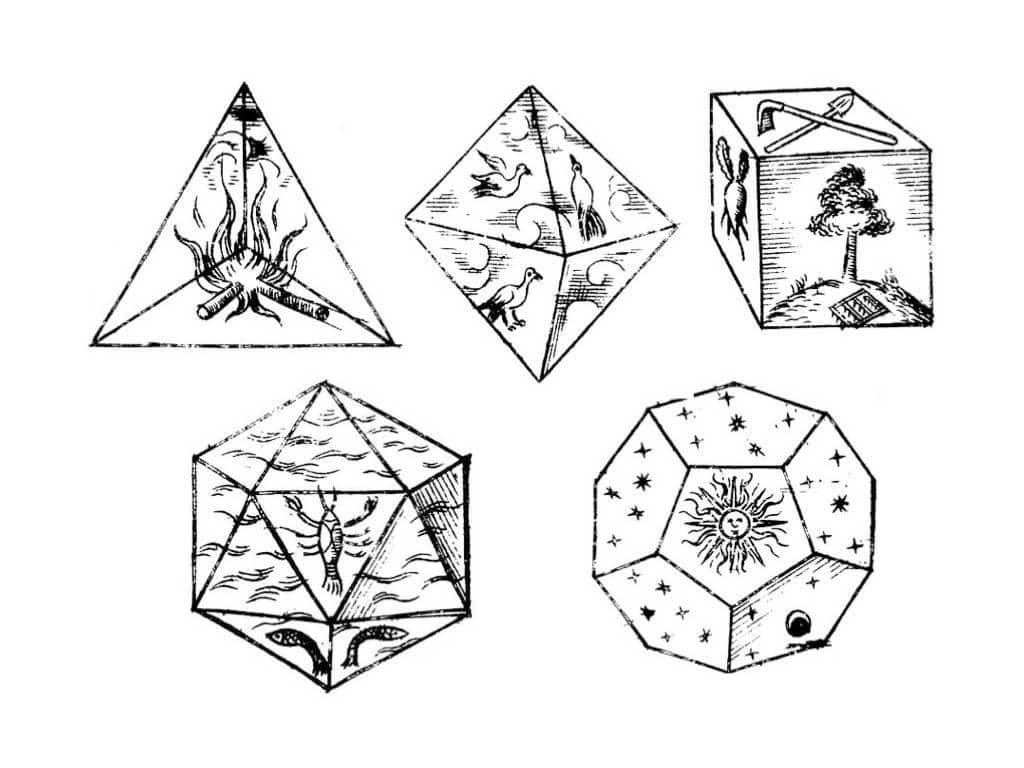Apollonius of Tyana
As Conybeare quaintly notes in the introduction to his Loeb edition of Philostratus' (alas, probably largely fictional) biography of Apollonius, '...for there is in it much that is very good reading and it is lightly written.' Well, this is probably not summer beach reading material, but this is an archaic delight to read, like Mandeville.
We get to visit far-flung lands at the height of the Roman Empire, from India and Africa to Spain. The sage is on a quest for knowledge, with his faithful companion Damis. Reputedly, Apollonius was clairvoyant, sensing remote events at the very moment they happened, sometimes in a very visceral way. Surprising bits of lore pop up through this work, strange Zen-like anecdotes of Apollonius which ring true as crazy wisdom...
Apollonius was both an historical figure who is cross-referenced in contemporary documents, and a legendary 'Pagan Christ' with all the trimmings. The 3rd century Emperor Alexander Severus revered Apollonius of Tyana, Christ, Abraham, Orpheus, and Alexander the Great in his private shrine. Later Christian writers reviled him as a sorcerer, up until the Enlightenment. from http://sacred-texts.com/cla/aot/laot/index.htm
Concerning Apollonius and his remarkable Powers, Francis Barrett, in his Biographia Antiqua, after describing how Apollonius quelled a riot without speaking a word, continues: "He traveled much, professed himself a legislator; understood all languages, without having learned them; he had the surprising faculty of knowing what was transacted at an immense distance, and at the time the Emperor Domitian was stabbed, Apollonius being at a vast distance and standing in the market-place of the city, exclaimed, 'Strike! strike! - 'tis time, the tyrant is no more.' He understood the language of birds; he condemned dancing and other diversions of that sort. He recommended charity and piety; he traveled over almost all the countries of the world; and he died at a very great age." [Francis Barrett, in his Biographia Antiqua] Apollonius of Tyana biography by Mead
“And they allowed Apollonius to ask questions, and he asked them of what they thought the cosmos was composed, but they replied, “Of elements.”
“Are there then four?” he asked.
“Not four,” said Larchas, “but five.”
“And how can there be a fifth,” said Apollonius, “alongside of water and air and earth and fire?”
“There is the aether,” replied the other, “which we must regard as the stuff of which gods are made, for just as all mortal creatures inhale the air, so do immortal and divine natures inhale the aether.”
“Am I,” said Appollonius, “to regard the universe as a living creature?”
“Yes,” said the other. [The Life of Apollonius of Tyana, Philostratus, 220AD]

